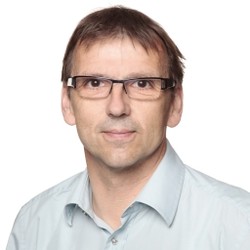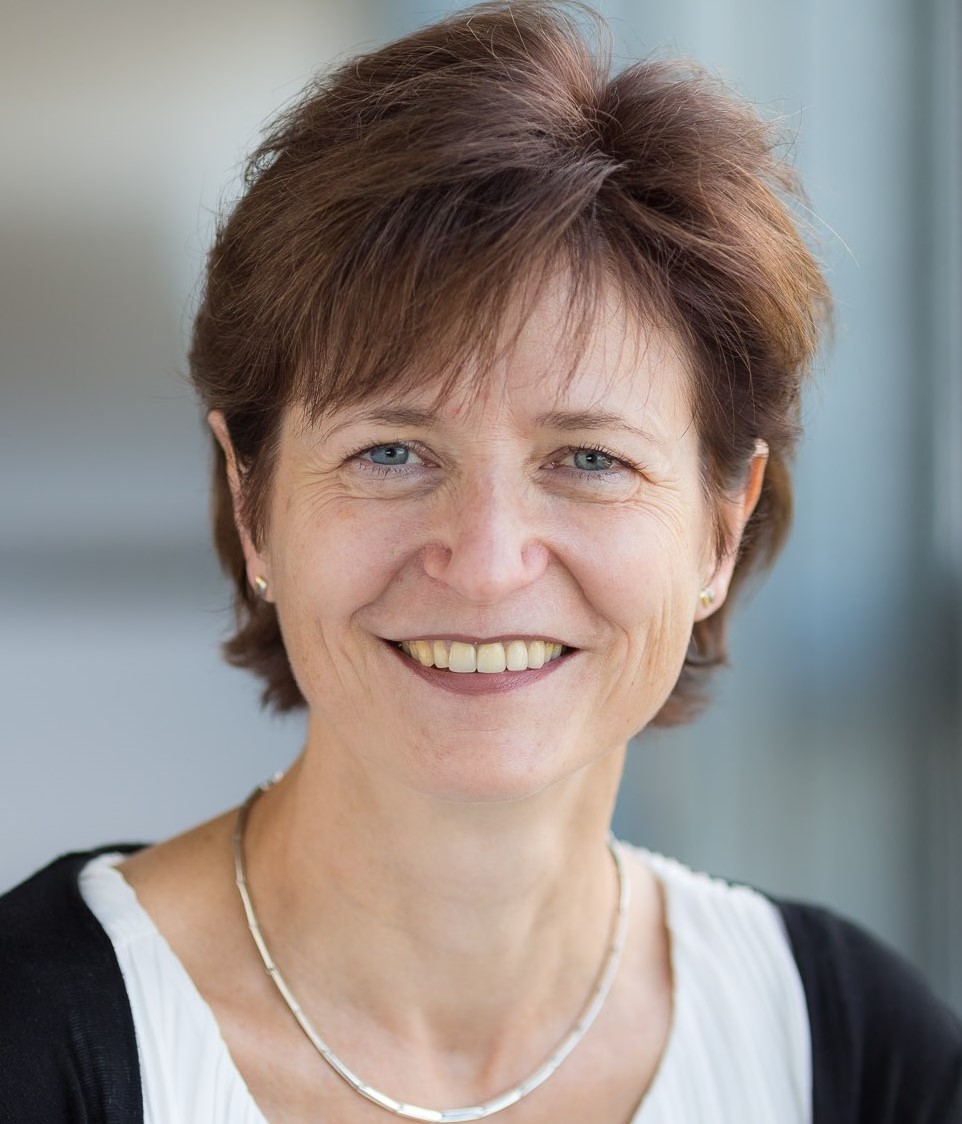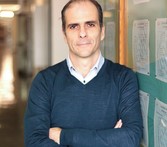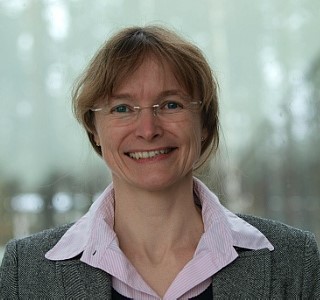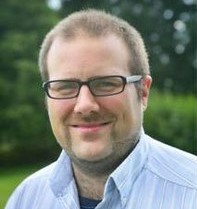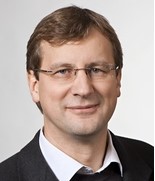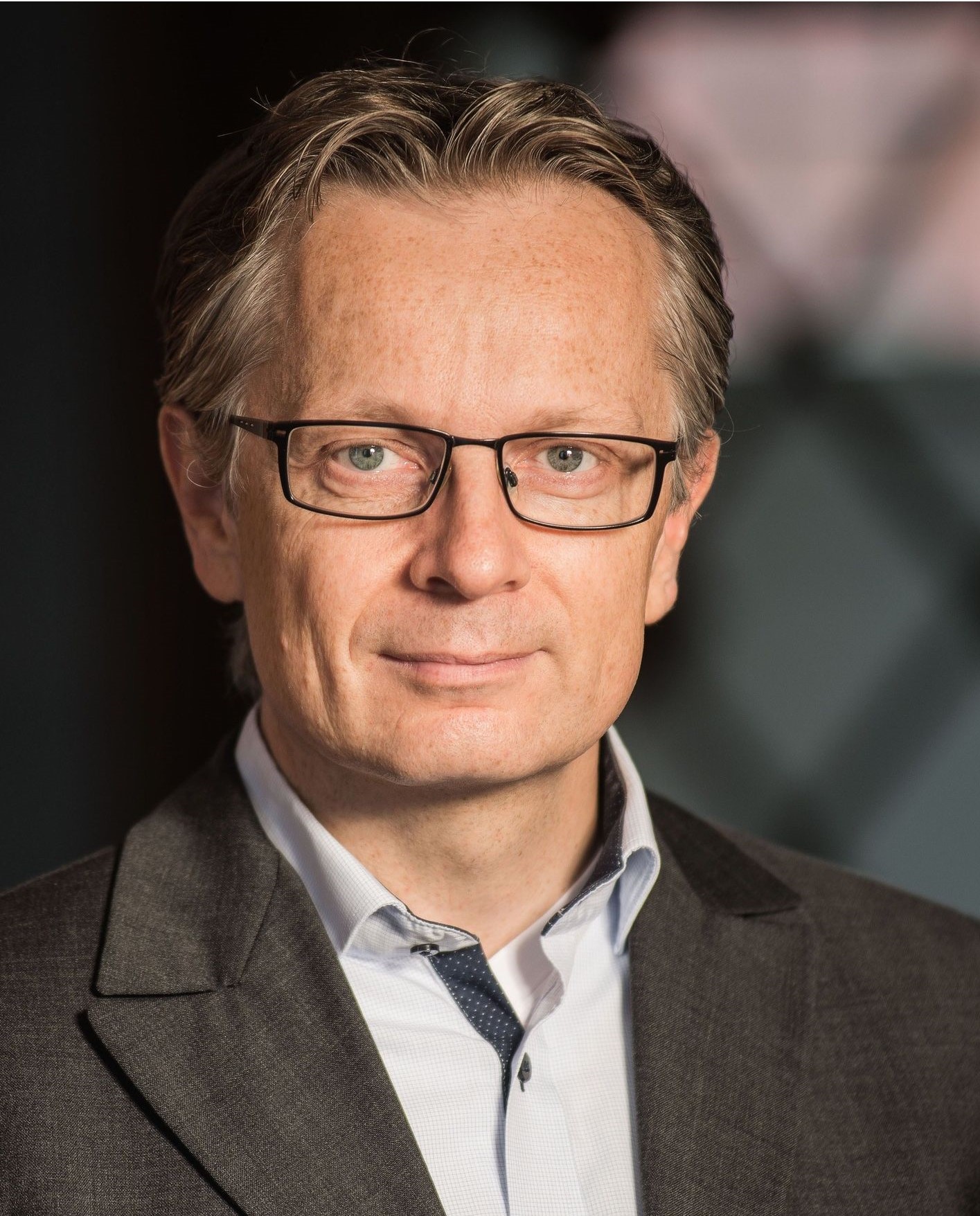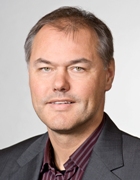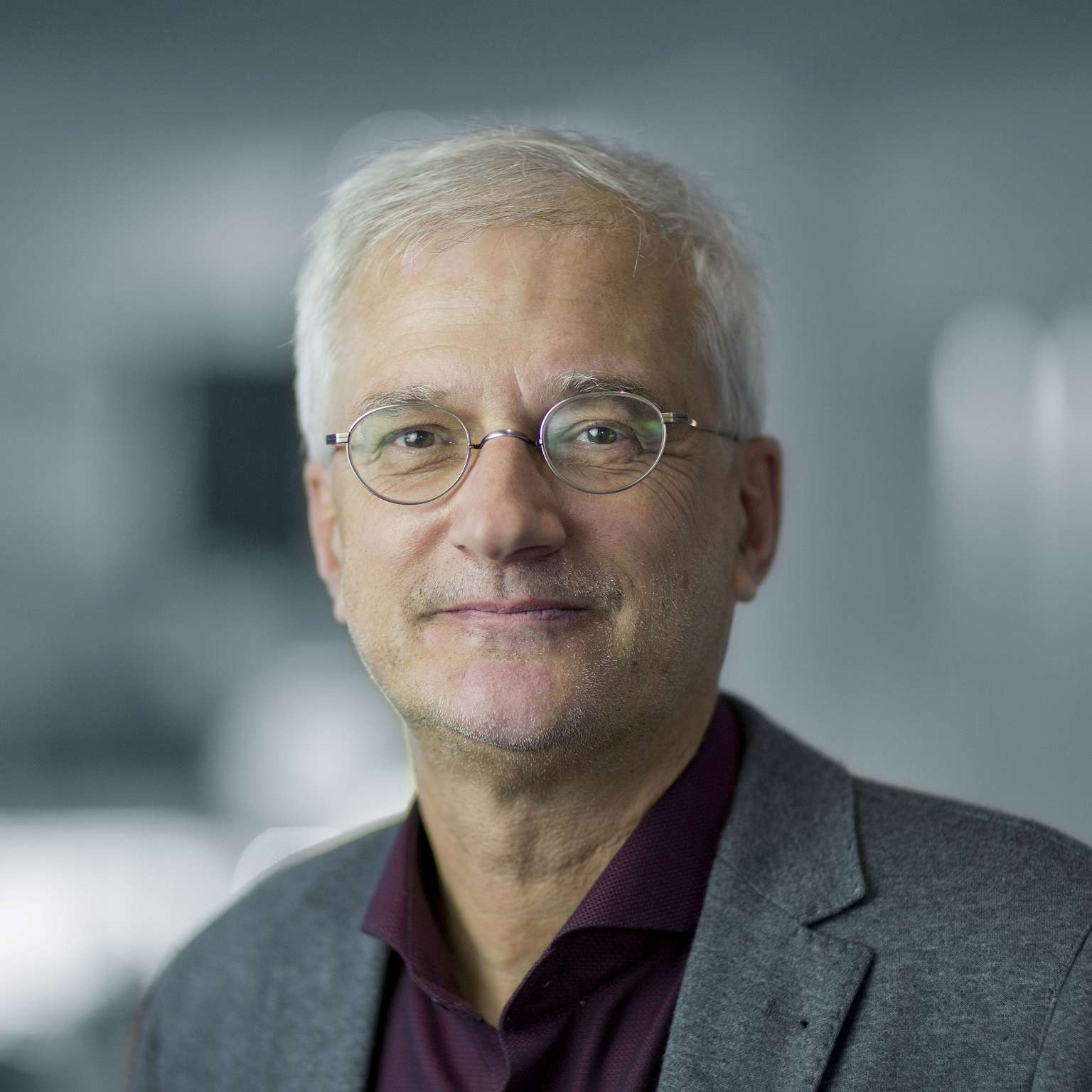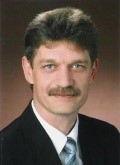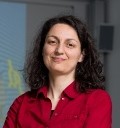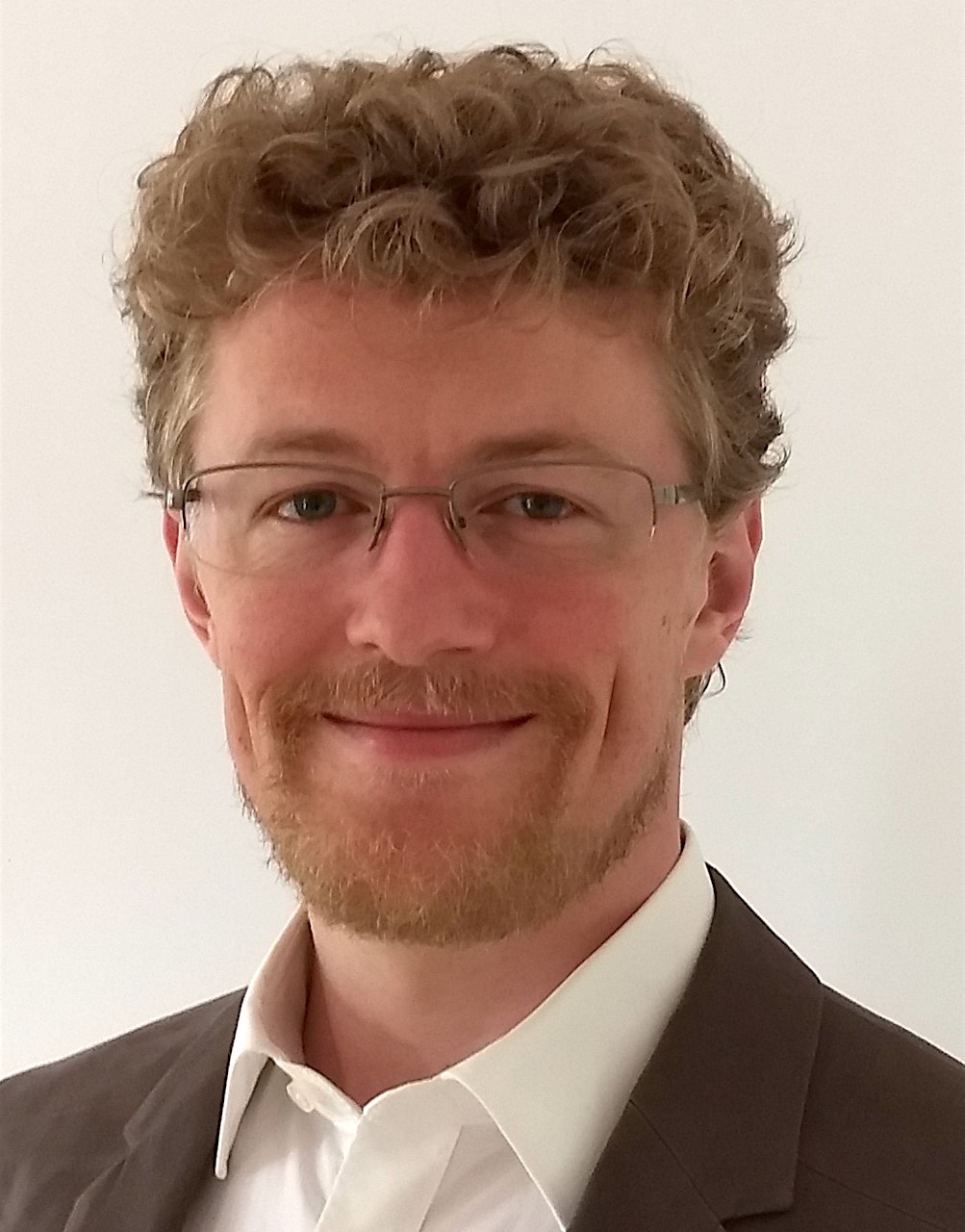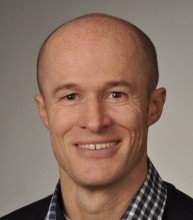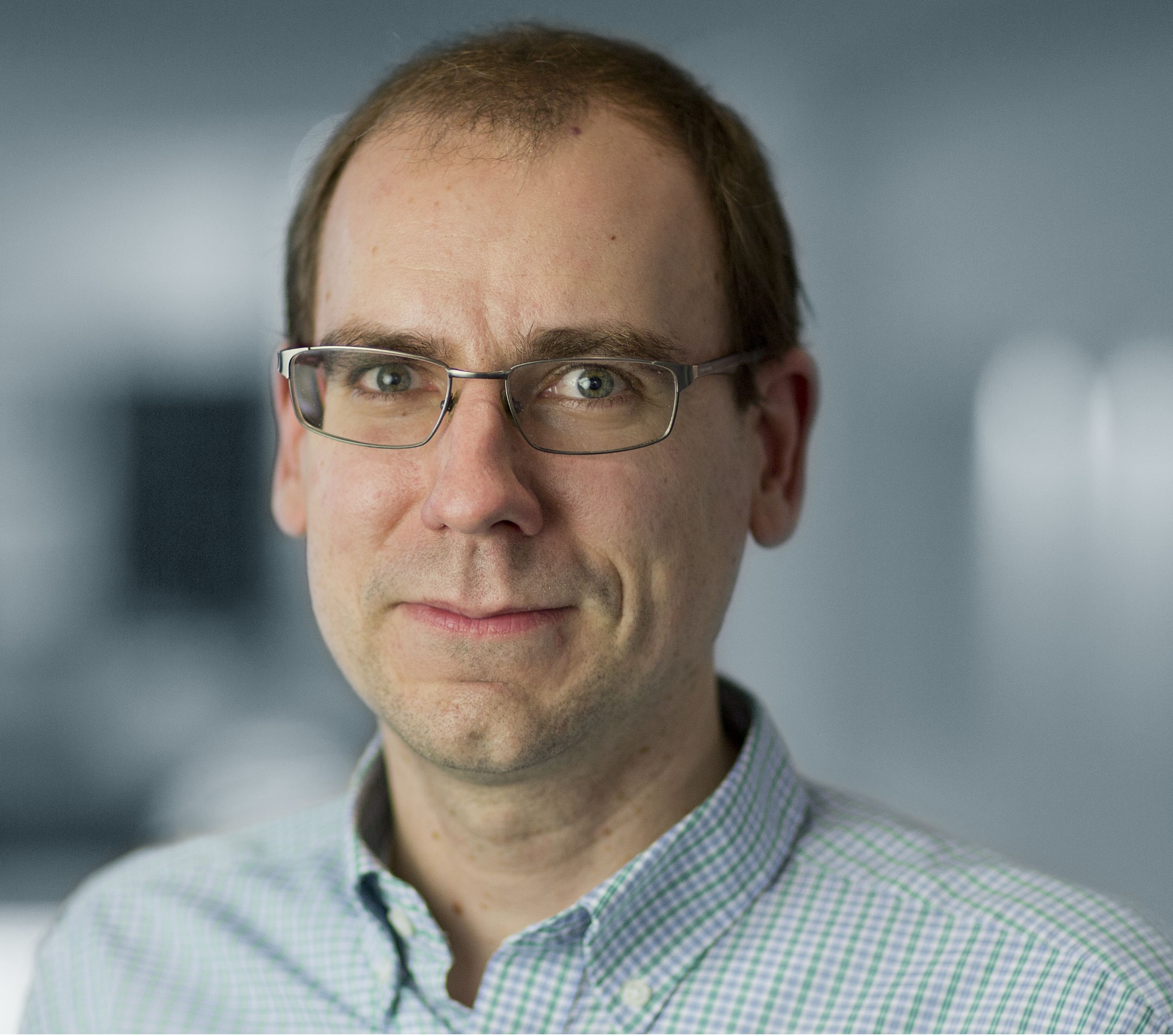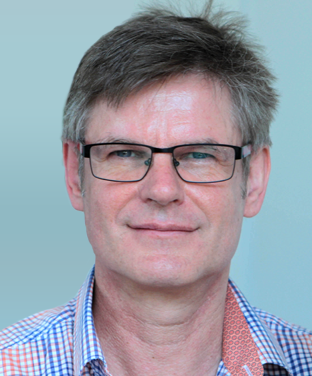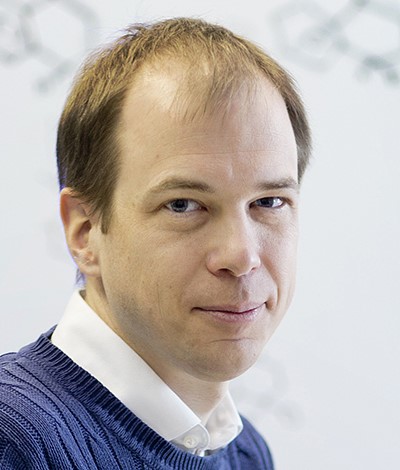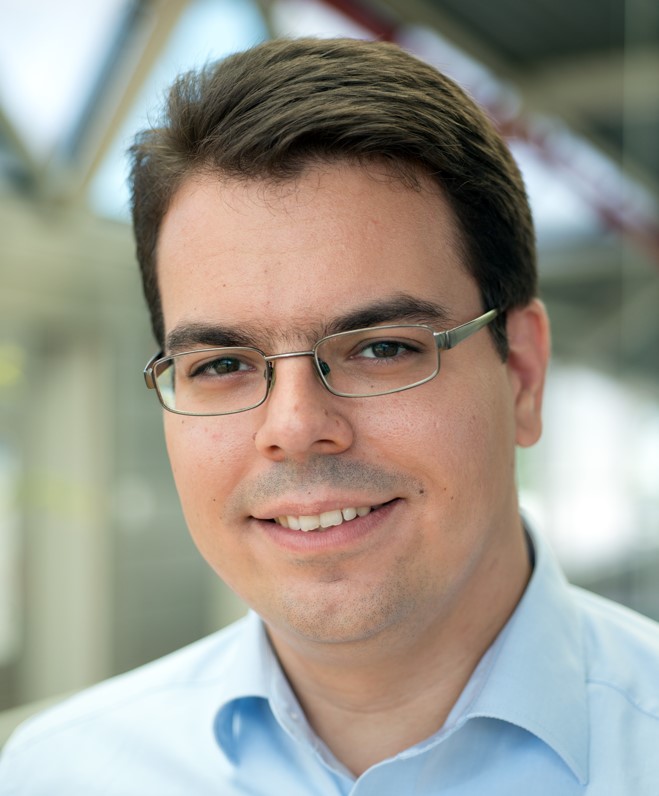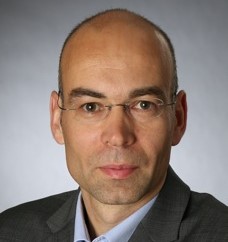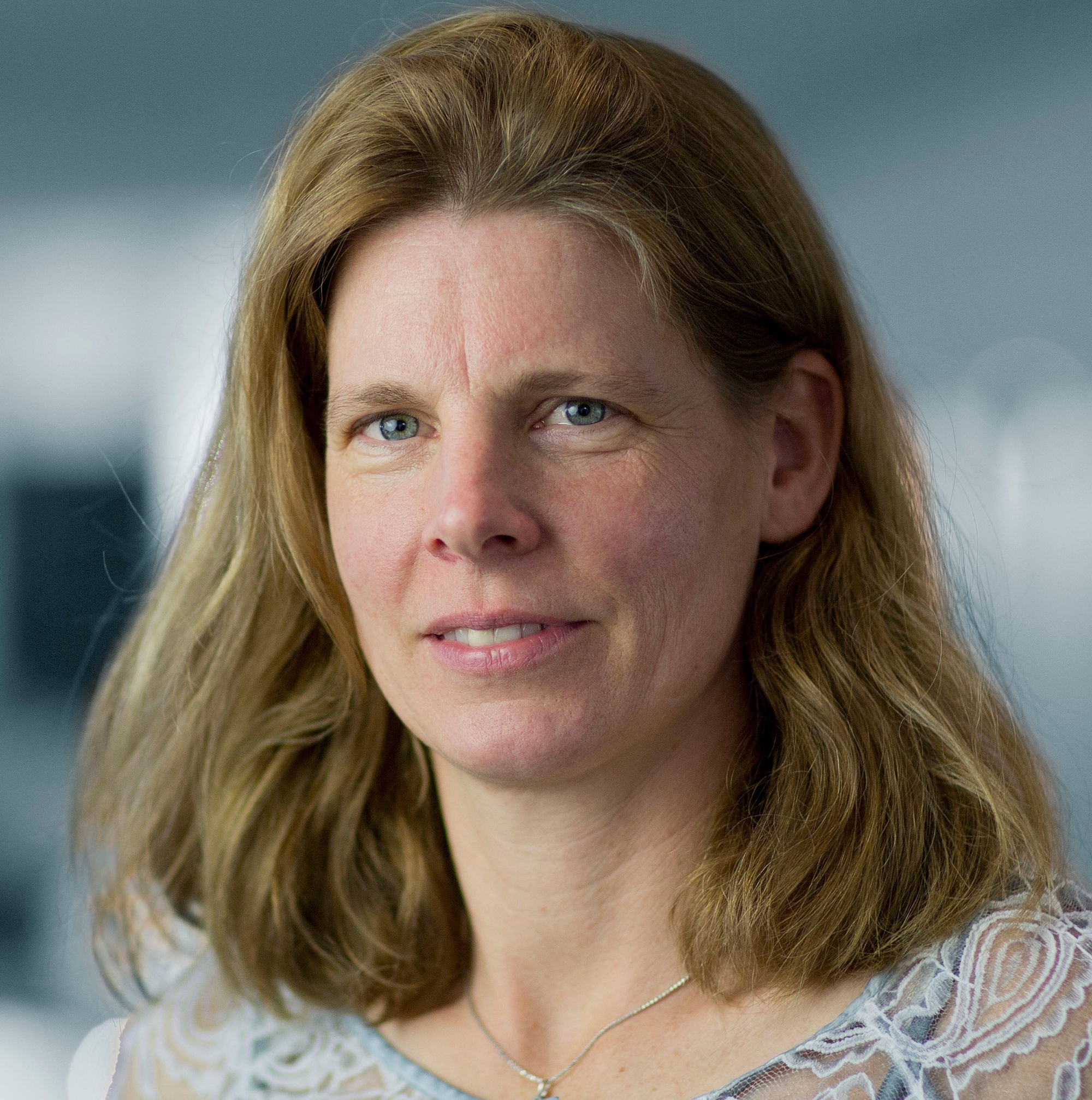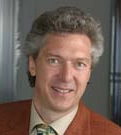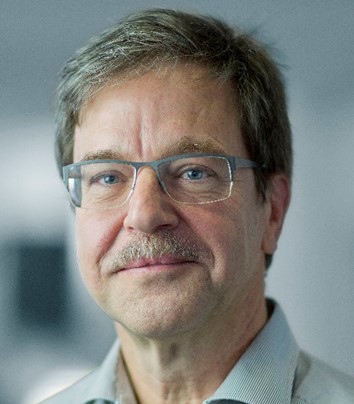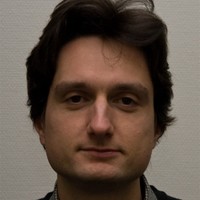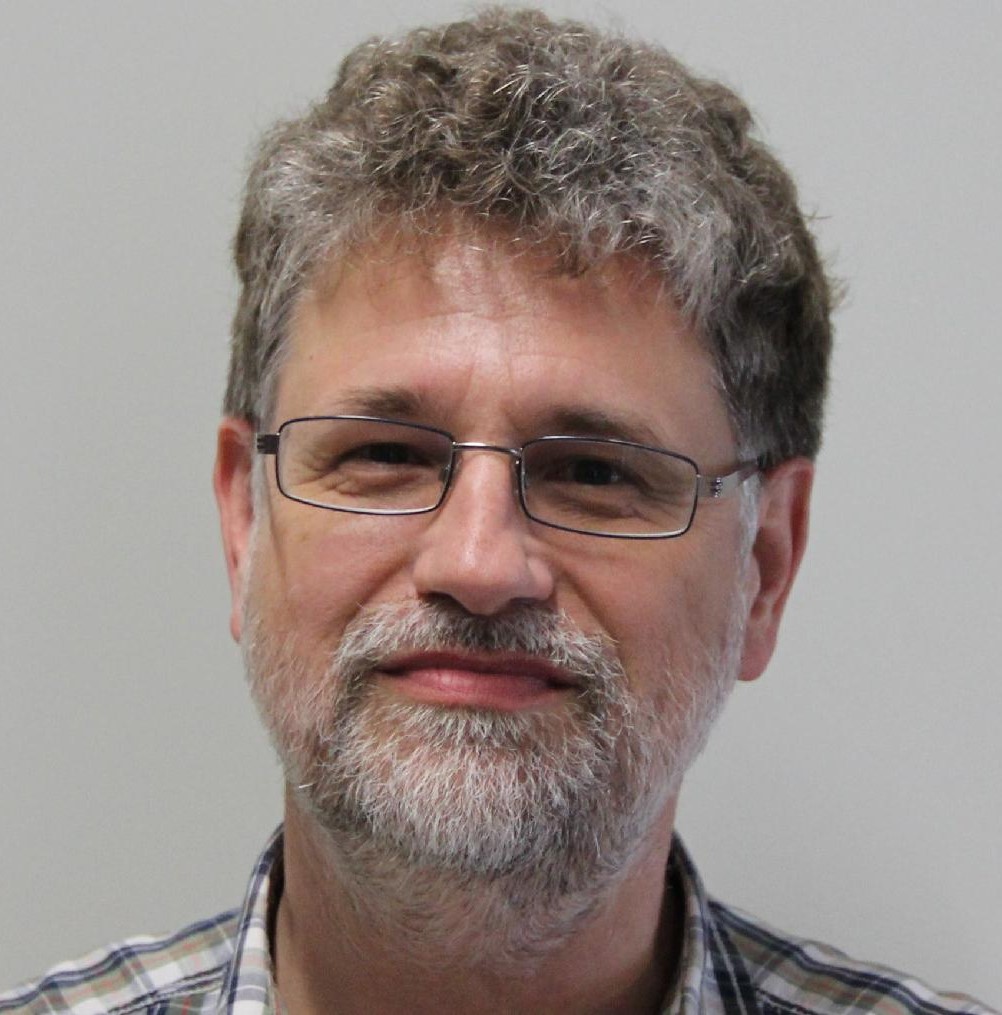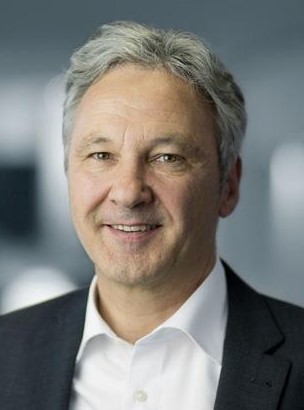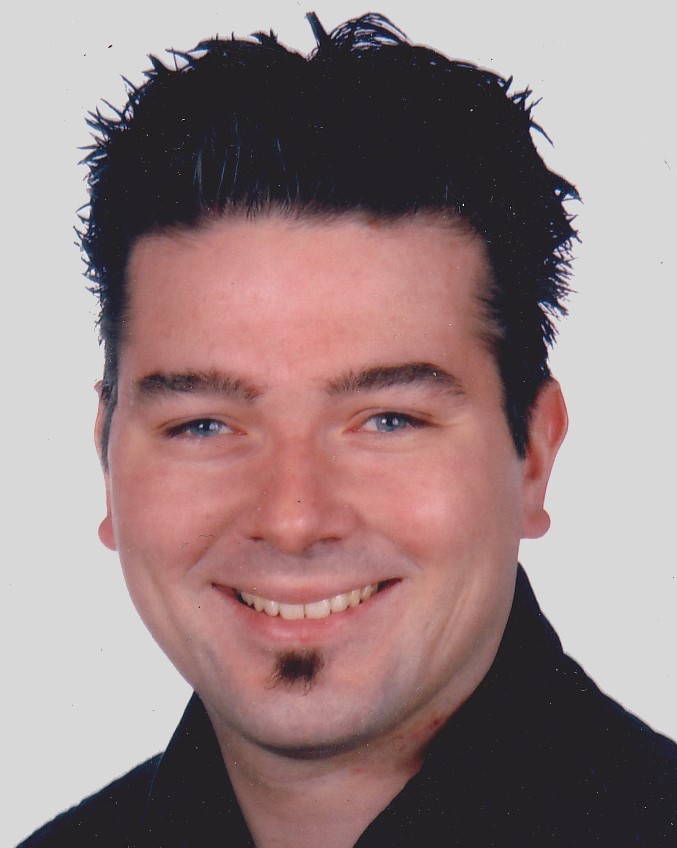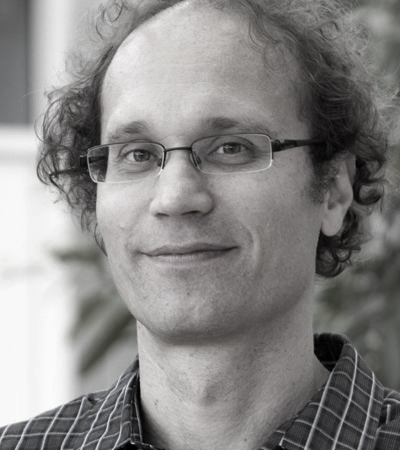Participants
Conference "Particle Simulations in Natural Science and Engineering" of the SFB 716
 Copyright: By Vitold Muratov (CC BY-SA 3.0)
Copyright: By Vitold Muratov (CC BY-SA 3.0)
External Speakers
The following external speakers are invited to the Final Conference of the SFB 716. From 24th to 26th September 2018 they give insights in their talks into the current research of simulation and its applications.
Project area A:
Fluid Mechanics and Thermodynamics
|
|
Research InterestThe research of Hans Hasse is located on the interface of thermodynamical basic research. With his team he is on the track of systematic errors within the moleculardynamic simulations. His priorities are the Thermodynamics of Material Analysis and of Process Engineering, the Theoretical Thermodynamics of Molecular Structures and the Biothermodynamical Research. They are characterised by a close engulfment of experiment, modelling and simulation. |
|
|
Research InterestThe research of Gabriele Sadowski focuses on the solvent influence on reaction equilibria and reaction kinetics. Solvents are widely used in chemical industry to facilitate a broad variety of applications. Using thermodynamic modeling allows for predicting the solvent influence on chemical (and biological) reactions and therewith drastically reduces the experimental effort for selecting the best-suitable solvent for a reaction of interest. |
Project area B:
Material Sciences and Mechanics
|
|
Research InterestMartin E. Garcia focusses on Microscopic theoretical description of femtosecond structural phase transitions. With his team he develops a numerical approach to treat ultrafast phase transitions induced by laser pulses of arbitrary form. Applying the method of molecular dynamic simulations to diamond, his team shows that a nonequilibrium transition to graphite takes place for a wide range of pulse durations and intensities. |
|
|
Research InterestSibylle Gemming is a specialised researcher in the field of Material Simulation and the scale overlapping Material Modelling. Interesting for her and her team is the impact of the smallest changes on the atomic scale on the properties of the overall system. Molecules or solid states on the nanometer scale show particularly new properties in comparence of any other materials known to us. To understand the mechanical, magnetic and electronic specifics of these systems via experiment and simulation, is her goal. |
Project area C:
Biochemistry and Biophysics
|
|
Research InterestThe main research of Ulrich Keyser is focused on understanding all transport processes through membranes of both biological and technological origin. Specifically, the physics of ions, macromolecules and particles in confined geometries at the single molecule or particle level. His aim: to exert maximum control over all parameters in the experiment and to develop new measurement techniques based on a combination of single molecule approaches. |
|
|
Research InterestThe research of Martin Zacharias is Moleculardynamics. To comprehend the transactions of molecules and their atomic details, he and his team use moleculardynamic simulations, which are based on the most important method of a classical electric field. The goal is, to comprehend the processes of structure building better and to decode the mechanisms of the association of biomolecules. With the simulations and by using the methods of statistical mechanics they are able to analyse the thermodynamical and kinetic properties of molecules. |
Project area D:
Skalable Algorithms and Efficient Implementation
|
|
Research InterestThe main aim of the research of Volker Springel is reviewing parts of the basic methodology of cosmological simulations, which involve very large particle numbers and aim to address an enormous dynamic range as well as multi-physics complexity. Numerical simulations on large supercomputers have become the tool of choice to predict the non-linear outcome of cosmic structure formation. He describes current forefront results, which help to understand the formation process of galaxies and its regulation by feedback from supernova explosions and supermassive black holes. |
|
|
Research InterestRüdiger Westermann is specialised in the field of practical Informatics, e.g. computer graphic, scientific visualisation and numerical real-time simulation. His research focusses on the development of efficient algorithms in regard of an interactive data exploration and the physical simulations in virtual surroundings. He and his team implement particularly volumina visualisation and multiscale simulations with finite elements on High-performance architectures. |
Scientists of the projects of the SFB 716
The teamleaders of the SFB 716 projects report at the Final Conference of the results of their subprojects.
PhD Students and Postdocs of the SFB 716
The PhD students and Postdocs of the SFB 716 introduce their subprojects and results in a poster session at Tuesday, 25th September 2018, at 18:00 pm.
Alumni Members of the SFB 716
Prof. Dr. Hans-Rainer Trebin |
Subproject B.1, B.5 |
Prof. Dr. Jadran Vrabec |
Subproject A.1 |
Office and Public Relations
Petra Enderle |
Public Relations |
Meike Kreidler |
Office |
Corinna Schwob |
Office |
Further Informations


